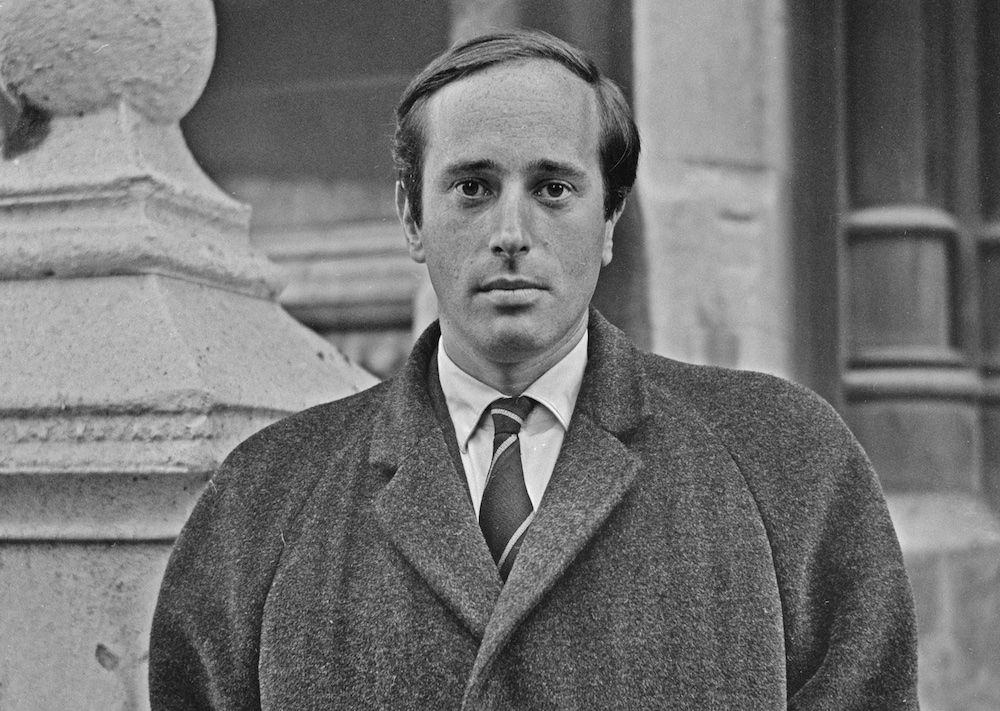Brian Glanville, who died this week at the age of 93, was a unique voice in the crowded and often hysterical field of football writing and a uniquely important one. His historical reach was unparalleled. He published his first book (a ghosted autobiography of Arenal striker Cliff Bastin) at the age of 16 and attended 13 World Cups, starting with the 1958 tournament in Sweden.
His lean, elegant, novelistic style, informed by his parallel career as a fiction writer, could be found nowhere else in the UK. As Patrick Barclay put it, ‘most football writers fall into two categories: those who have been influenced by Brian Glanville and those who should have been’.
Glanville was simply different. For one thing, he was, to not put too fine a point on it, a ‘toff’. In an industry dominated by tough, plain-speaking and working-class journalists, that stuck out like a top hat at a miner’s gala.
This was important for me, as a rather serious and sensitive (opera loving!) middle class teenager in the gritty urban environment of the west of Scotland. Football culture, dominated by Celtic and Rangers, tended to be on the rough side and it was tempting to head to the genteel environs of the cricket or rugby club. Perhaps

Britain’s best politics newsletters
You get two free articles each week when you sign up to The Spectator’s emails.
Already a subscriber? Log in







Comments
Join the debate for just $5 for 3 months
Be part of the conversation with other Spectator readers by getting your first three months for $5.
UNLOCK ACCESS Just $5 for 3 monthsAlready a subscriber? Log in